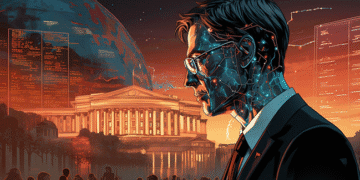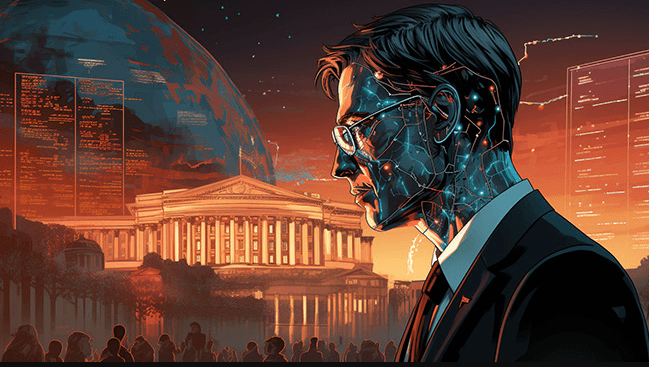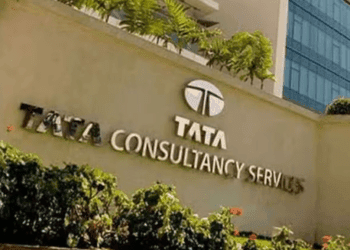Athira Sethu
Kochi, 16 Oct 2025
More and more American professionals are using AI tools such as ChatGPT for professional guidance. One in every three employees in the US has used AI to decide on jobs or careers, according to a recent survey. These tools are quick, convenient, and available around the clock, but warn experts lacking emotional intelligence and can provide suggestions that do not suit people’s aspirations or emotions.
With career coaches and mentors being increasingly difficult to come by, employees increasingly rely on AI these days for important decisions. A study by Southeastern Oklahoma State University revealed that among 1,000 professionals questioned, more than half were considering a change of jobs, and almost a third had used AI to help them decide. The younger generations were the most likely: 57% of Gen Z and 55% of millennials reported considering a job change, versus a mere 12% of baby boomers.
Surprisingly, 18% of those using AI found career paths they never thought of before. Many also employed AI for instrumental assistance, such as composing résumés (43%), looking for well-paid jobs (19%), or selecting study courses.
But while it can crunch numbers and offer directions in a hurry, it is incapable of comprehending emotions, individual ethics, or long-term aspirations. That means counsel that appears sensible on the screen might not fit an individual’s higher needs or happiness at all. AI can make “smart” decisions, but it is incapable of providing the human touch that is necessary for true advice.
Employers are not just employees using AI, they are as well. Another report by Resume Builder revealed that 6 out of 10 managers make use of AI for promotion, salary decisions, and even terminations. It’s an ethical concern since AI may also mirror inherent biases from the training data. Workday, a software company that deals with HR, was sued once for its AI tools creating biased hiring outcomes.
The rise of AI comes at a time of career instability. Many professionals are anxious about automation and job cuts. Yet despite the risks, most people still double-check AI’s advice with human opinions before acting on it.
Ultimately, AI can be a fantastic helper, but never a substitute for human insight. Technology can help steer your career path, but only you can determine what really suits your life and principles.





















